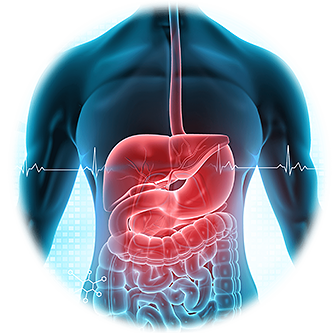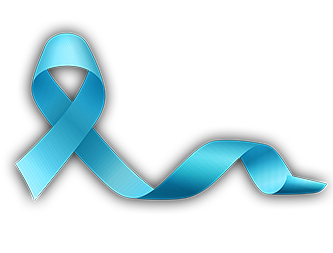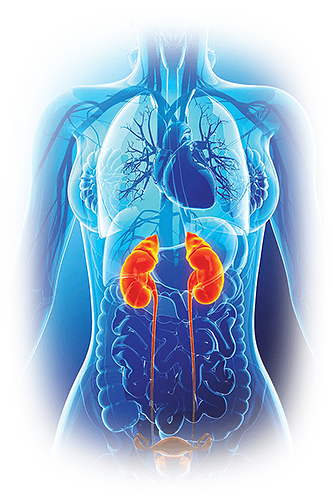Login
For Clinician Providers
For Clinician Providers
For Patients
Sepsis
What is sepsis?
Sepsis is the body’s systemic inflammatory response to a bacterial infection. Sepsis is serious, overwhelming, and sometimes life-threatening. An infection may begin in one site of the body and then spread to the blood (bacteremia) and possibly to other sites. For example, a urinary tract infection may spread from the bladder and/or kidneys into the blood and then be carried throughout the body, infecting other organs.
The term septicemia is sometimes used to describe this condition. While the term septicemia refers to the presence of disease-causing organisms like bacteria in the bloodstream, sepsis refers to the body’s overwhelming response to the infection.
Normally, a person’s immune system targets a specific threat such as bacteria and limits its response to the infected area. With sepsis, the body initiates a generalized inflammatory response. This can cause a significant rise or fall in body temperature, increased heart and respiration rates, and a decrease in blood pressure. If not treated successfully, sepsis can progress to severe sepsis.
As the condition progresses to severe sepsis, the amount of oxygen that is carried to tissues and organs decreases, blood clots can form in the capillaries, and fluids can leak from the blood into tissues. This can cause fluid build-up in the lungs and reduce respiratory function. Overall, the body’s acid-base balance becomes disrupted, circulation is impaired, waste products begin to accumulate, tissues are damaged, and organs such as the lungs, kidneys, and liver begin to fail. In the last stage of sepsis, septic shock, there may be multiple organ failure (MOF) and low blood pressure that is resistant to treatment.
Although sepsis occurs in hospitalized patients, most people who develop the reaction do so outside the hospital and may seek care in a hospital emergency room. According to the Centers for Disease Control and Prevention, about 70% of people who develop sepsis outside the hospital have used health services recently or have a chronic condition that requires frequent medical attention. It is more prevalent in newborns and infants and in the elderly. Other people at risk for sepsis include those with trauma (for example, after surgery), those with invasive medical devices such as catheters, those with chronic illnesses, and people with weak immune systems (immunocompromised).
Sepsis is a major health problem. In the U.S., mortality rates due to sepsis range from 25-50%. Comparable figures have been reported for other parts of the world, including Europe and South America.
Signs and Symptoms
The signs and symptoms associated with sepsis that a person experiences depend upon the organs affected, the severity of the condition, and the person’s general health status. They may be nonspecific and, in the very young and elderly, may not be typical. Other medical conditions may cause similar symptoms. It is important to quickly distinguish between sepsis and other conditions, as they are treated differently.
Signs and symptoms of sepsis may include:
- Fever, shivering, chills
- Clammy or sweaty skin
- Extreme pain or discomfort
- Rapid breathing
- Rapid heart rate
- Confusion or disorientation
Additional signs and symptoms may indicate a progression to severe sepsis as organs begin to fail. These may include:
- Less frequent urination (kidney dysfunction)
- Abdominal pain
- Nausea and vomiting
- Difficulty breathing, cough
- Chest pain (abnormal function of the heart)
- Pelvic or flank pain
- Mottled skin (skin that is blotchy or spotted with different shades of color)
Signs and symptoms of septic shock may include those listed above plus a severe drop in blood pressure.
There is no single test that can identify sepsis. Healthcare practitioners typically order a combination of tests to help diagnose sepsis, distinguish it from other conditions, detect the inflammation associated with sepsis, and to evaluate and monitor the function of the affected person’s organs, blood oxygenation, and acid-base balance.
Laboratory Tests
Some tests that may be done to detect sepsis and identify an infection include:
• Procalcitonin – may be used in conjunction with clinical evaluations and other tests to determine the risk that seriously ill patients will develop sepsis, or their risk of progressing to severe sepsis, septic shock and risk of dying. This test can help distinguish sepsis from other conditions that cause similar symptoms and can help guide treatment. The level of procalcitonin in the blood increases rapidly and significantly when a person has sepsis.
• Gram stains and cultures – these tests are done in conjunction with one another. Cultures grow the bacteria that may be in a sample taken from the site of suspected infection, so they can be precisely identified and their susceptibility to various antibiotics determined. Gram stains are used to detect the presence and identify the general type of bacteria. A Gram stain may be done relatively quickly but is not definitive—it provides only presumptive results.
• Blood culture – one type of culture used to detect bacteria in the blood and evaluate their susceptibility to antibiotics
• Urinalysis and urine culture – to identify whether the source of infection is a urinary tract infection
• Cerebrospinal fluid (CSF) analysis, including a culture – may sometimes be done if it is thought that the person has an infection of the central nervous system (meningitis or encephalitis).
• Sputum culture – to help diagnose bacterial pneumonia
• Cultures of other body fluids may be done as needed to detect the source and type of infection.
Some general, non-specific tests that may be done include:
• Complete blood count (CBC) – to evaluate red and white blood cells and platelets
• Lactate – increased levels can indicate organ dysfunction
• Blood gases – to evaluate oxygen in the blood and acid-base balance
• Comprehensive metabolic panel (CMP) – to monitor the health of organs, such as the kidneys and lungs, and monitor electrolyte balance and blood glucose level
• Prothrombin time (PT) and/or partial thromboplastin time (PTT) – these tests may be done along with other clotting tests to help evaluate the person’s coagulation system—the process that the body uses to form blood clots and stop bleeding.
• C-reactive protein (CRP) – to detect inflammation in the body
Other tests may also be done as needed to help evaluate health status or to identify or rule out complications or other conditions, such as troponin to detect a heart attack.
Sources:
U.S. Centers for Disease Control and Prevention. Sepsis Basic Information and Patient Resources. Available online at https://www.cdc.gov/sepsis/basic/. Accessed March 2017.
Surviving Sepsis Campaign: International Guidelines for Management of Sepsis and Septic Shock: 2016. Critical Care Medicine March 2017, Volume 45, Issue 3, Pp. 486–552. Available online at https://journals.lww.com/ccmjournal/Fulltext/2017/03000/Surviving_Sepsis_Campaign___International.15.aspx. Accessed March 2017
Cunha B. Bacterial Sepsis. Medscape Reference. Available online at https://emedicine.medscape.com/article/234587-overview. Accessed March 2017.
Kalil A. Septic Shock. Medscape Reference. Available online at https://emedicine.medscape.com/article/168402-overview. Accessed March 2017.



